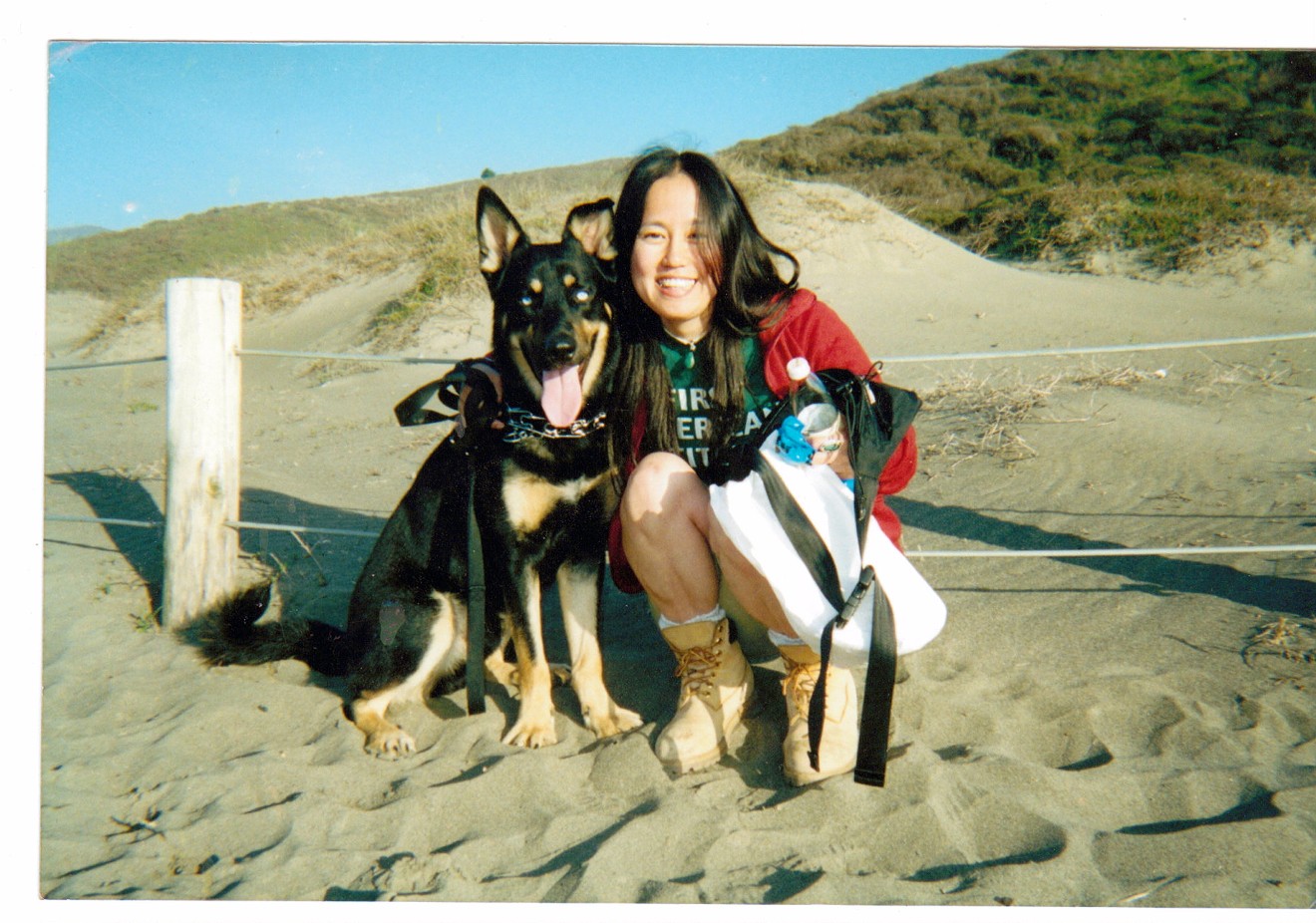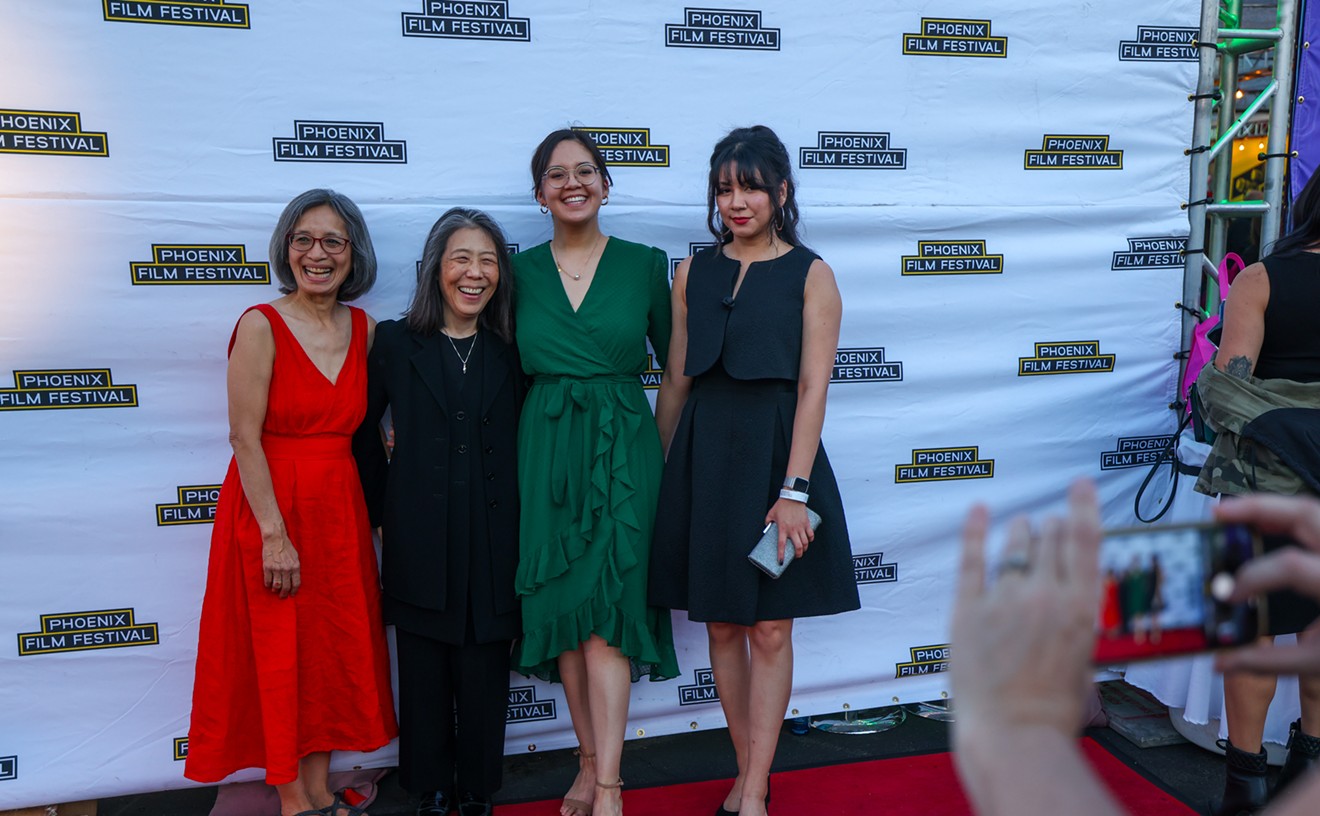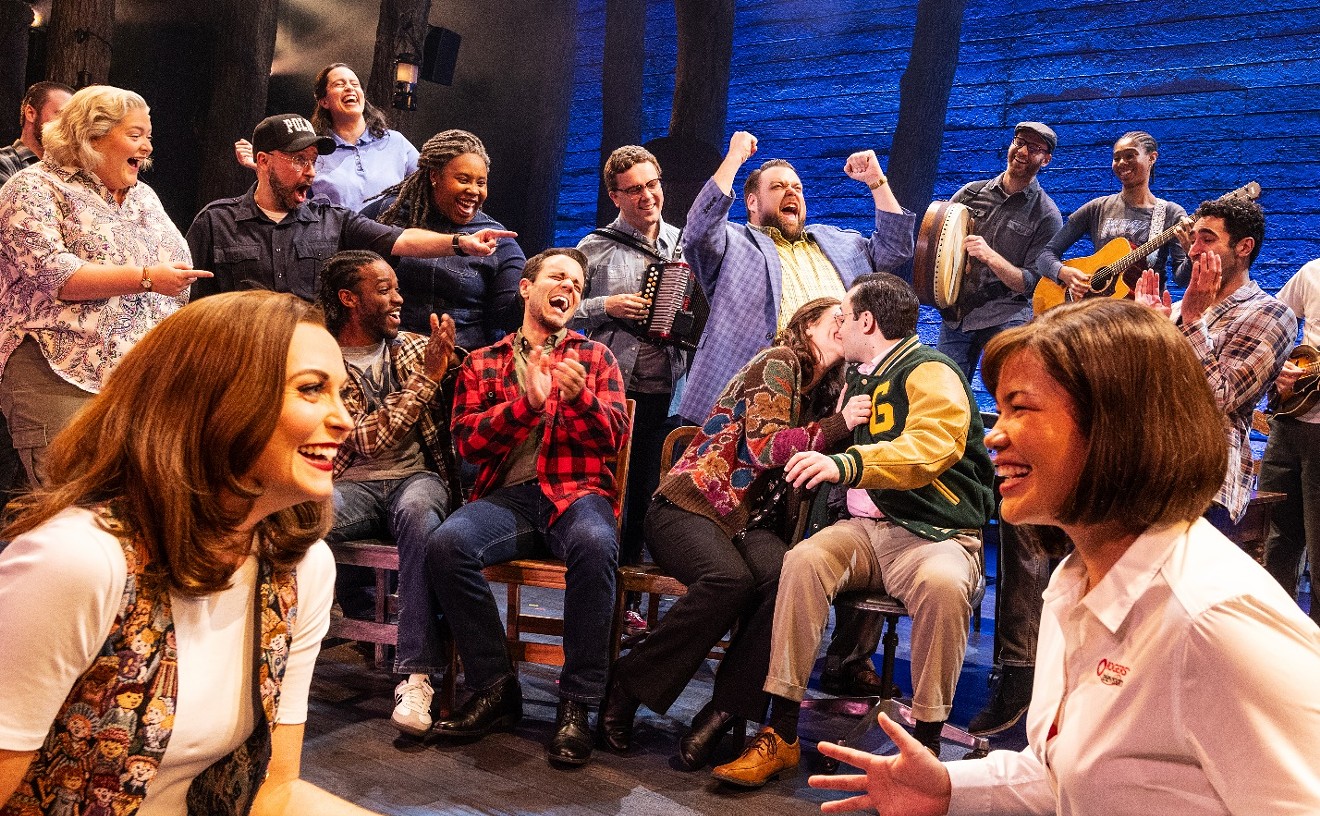On May 8, 2006, amid the natural splendor of Havasu Falls at the bottom of the Grand Canyon, a woman was killed in cold blood. Tomomi Hanamure, a Japanese traveler, was stabbed 29 times by Randy Wescogame, an 18-year-old member of the Havasupai tribe with a history of theft and meth addiction.
News of the shocking crime made its way to Annette McGivney, Southwest editor of Backpacker magazine, who decided to investigate the murder. The resulting story was one of the magazine's most successful ever, but McGivney wasn't finished. In researching the piece, she felt a connection to Hanamure that wasn't going away.
"I had this sort of sense of obligation to make sure that she was remembered correctly,” McGivney says. "She was this woman who was hiking alone, and I also like to hike alone in the Grand Canyon and elsewhere, and I felt like she was kind of being disparaged in the press and by law enforcement saying, ‘Well, this woman should not have been hiking alone, it wouldn’t have happened if she had someone with her.’ And I felt like I didn’t want her to be known for that, I wanted to know what her life was like, and I wanted other people to know her for her life and not how she died.
McGivney decided to write a book about her fellow traveler, and contacted her family in Japan to try to learn more about her. Growing up in a sheltered family in Texas had given her a skewed view of the country, but when the family invited her to visit and learn about Hanamure, it busted every preconception.
“I had the most stereotypical view of Japan," she says. "I did see some of those stereotypes like the salarymen and the crowded streets and all that, but Tomomi’s family, and how they were so rural and welcoming – it just busted every stereotype.”
What resulted from this research was Pure Land: A True Story of Three Lives, Three Cultures and the Search for Heaven on Earth, an engrossing book by McGivney combining history, biography, and memoir to explore how three people from three very different cultures came to cross paths. McGivney will appear at Changing Hands Bookstore in Phoenix tonight, September 28, to discuss her work. She tells Hanamure's story in a way much more detailed, truthful, and surprising than one would expect.
Far from being the vacationing executive as McGivney first imagined her, Tomomi Hanamure lived in a small Yokohama apartment with her father, who came from a rural, working-class family on the western island of Kyushu.
She grew fascinated with American culture in her youth and eventually moved to the U.S. to take English classes at a university in Mississippi. After returning to Japan, her life became a cycle of working in factories at home to finance solo trips across America, each time driving hundreds of miles in a matter of days.
Tomomi was particularly interested in Native American culture. She compulsively visited and revisited places she’d read about in books about Native American history, no matter how dangerous or off the beaten path. She frequently visited the site of the Wounded Knee Massacre in what is now the most poverty-stricken area in the United States, South Dakota’s Pine Ridge Reservation. She met an American boyfriend there. She found a mangy “rez dog” puppy there, named it Blues, and brought it with her back to Japan. By the tragic end of her life, she had undoubtedly seen more of America than most Americans.
“Her whole life revolved around being able to visit the United States," McGivney says. “There’s so much in this story that defies stereotypes.”
Of course, it was the end of Hanamure's life that sparked the story, and Pure Land also delves into the troubles facing the Havasupai tribe from which the murderer came.
In the book's investigation of the crime, McGivney sketches a vast portrait of the factors that led Wescogame to kill, starting with the destruction within a few generations of a Havasupai way of life that had lasted for thousands of years, the tribe's descent into poverty and chaos, and the U.S. government's role in it all. In detailing Randy Wescogame's troubled upbringing, which included abuse from his father, McGivney awakened memories of her own tumultuous childhood.
"I knew he had been beaten and brutalized as a child, and so had I," she says. "So there was part of me that wanted to help the world to understand what it feels like to be that way as a kid."
According to McGivney, although some in the Havasupai are ambivalent toward the book, the tribe hasn't commented on it officially.
"Certainly the tribal government seems to feel that anyone who writes about the murder is not a friend of the tribe," she says. "They've been oppressed for so long that in kind of a weird way the fact that the murder happened at all is for them another symptom of oppression, and me writing about it is even more oppression, heaping on of more abuse from colonizers.”
Annette McGivney: Pure Land: A True Story of Three Lives, Three Cultures and the Search for Heaven on Earth. 7 p.m. Friday, September 28, at Changing Hands Bookstore, 300 West Camelback Road; 602-274-0067; changinghands.com.
[
{
"name": "Air - MediumRectangle - Inline Content - Mobile Display Size",
"component": "18478561",
"insertPoint": "2",
"requiredCountToDisplay": "2"
},{
"name": "Editor Picks",
"component": "16759093",
"insertPoint": "4",
"requiredCountToDisplay": "1"
},{
"name": "Inline Links",
"component": "17980324",
"insertPoint": "8th",
"startingPoint": 8,
"requiredCountToDisplay": "7",
"maxInsertions": 25
},{
"name": "Air - MediumRectangle - Combo - Inline Content",
"component": "16759092",
"insertPoint": "8th",
"startingPoint": 8,
"requiredCountToDisplay": "7",
"maxInsertions": 25
},{
"name": "Inline Links",
"component": "17980324",
"insertPoint": "8th",
"startingPoint": 12,
"requiredCountToDisplay": "11",
"maxInsertions": 24
},{
"name": "Air - Leaderboard Tower - Combo - Inline Content",
"component": "16759094",
"insertPoint": "8th",
"startingPoint": 12,
"requiredCountToDisplay": "11",
"maxInsertions": 24
}
]












